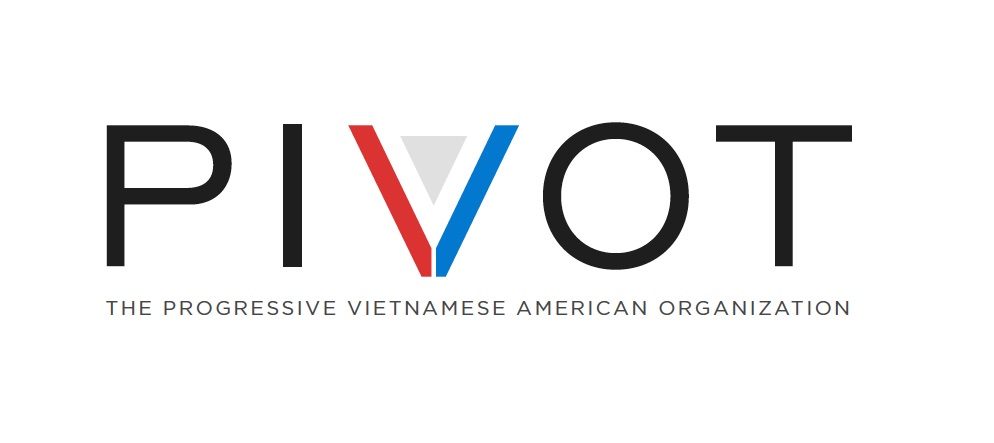Published in the Huffington Post by Dr. Tung Nguyen, President of PIVOT:
January 13, 2018:
On the occasion of Martin Luther King Jr. Day, I have been thinking about what it means to be an American. We are clearly a divided country, and it is important for us to work together to sustain what, in my opinion, has been the most important social undertaking ever conducted. Can a country that arose out of revolution against oppression not regress into it? Can people of different races and ethnicities co-exist without killing each other? Can human beings truly have an equal society? Can we celebrate what makes each of us unique and yet maintain respect for or even support each other’s humanity? These questions have not been resolved. Really, they can never be resolved because such a society will have to be constantly evolving. But are we still trying?
I was both angered and saddened by Donald Trump’s recent statements about people from El Salvador, Haiti, and African countries. More importantly, his actions in ending DACA and now Temporary Protected Status for the Salvadorans, among other policies, show that this is not just talk. It is indisputable that Trump’s statements and actions come from an ugly place, full of racism, xenophobia, and elitism. Many of us—of all races, ethnicities, genders, class, and other identities—have always known that this place exists in America. It exists in geographic locations. It exists in institutions of power. It exists in the hearts of men and women. It even exists in the original Constitution of the United States, which denied full personhood and citizenship to all but white men of means.
As a physician, I have seen that stress of all kinds brings out the ugliness in all of us. I have seen good people hurt anyone under their power through words and through actions when they are stressed. People abuse children and elders. People commit acts of sexual abuse. People abuse themselves, through substance use and degradation of their self-esteem. I do not mean that these acts are justified, nor that people who do wrong should not be punished. I mean that we should expect people to do bad things sometimes when they are put under bad situations, and we should do all that we can to prevent those conditions. And one way to know good people is to see what they do, when things go badly, and one way to know bad people is to see what they do, when things are good.
Donald Trump is a bad person, because he has been given all of the advantages in life—-being male, white, and wealthy—-and yet, he chooses to believe the worst in people who are not like him and to abuse those under his power. People who are doing well and support Trump are bad people, for the same reason. But many of Trump supporters are suffering. Things are going badly for poor and middle-class white people, those living in rural areas, and those who have been left behind by the changing economy. As a healer, I do care for them, and I will continue to care for them no matter what their actions are. But my question for them is how they define the good in themselves. In a bad situation, do they care for others or do they abuse those who need their help? And I believe that everyone is capable of learning and changing. So, as they see for themselves how bad Trump and his wealthy supporters are, can those who have supported Trump in the past stop supporting him?
Because here is the fundamental problem. We can be united, if we are good and have good intentions. When the dividing line between good and evil has been drawn, such as in slavery, there is no union. Having lived through a war during my childhood, I know that we do not want actual wars. The leader of our government has in words and in deed declared war on the poor, minorities of all kinds, and immigrants. The duty of all good people in the United States of America is to resist him, peacefully but forcefully and with all of our hearts, minds, and actions.
